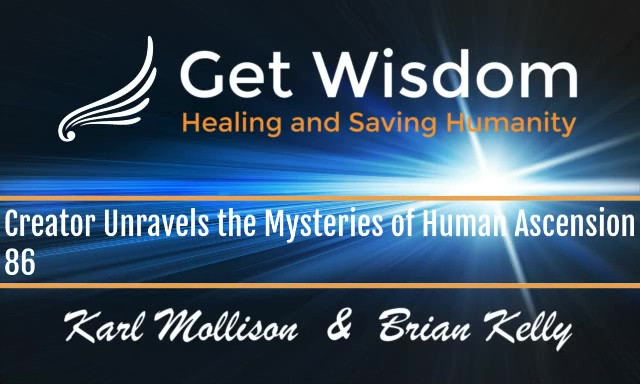Osip Mandelstam Channeled by Karl Mollison 18Oct2020
From https://en.wikipedia.org/wiki/Osip_Mandelstam
Osip Mandelstam О́сип Мандельшта́м, 14 January 1891 – 27 December 1938 was a Russian and Soviet poet. He was the husband of Nadezhda Mandelstam and one of the foremost members of the Acmeist school of poets. He was arrested by Joseph Stalin’s government during the repression of the 1930s and sent into internal exile with his wife.
In 1922, Mandelstam and Nadezhda moved to Moscow. At this time, his second book of poems, Tristia, was published in Berlin. For several years after that, he almost completely abandoned poetry, concentrating on essays, literary criticism, memoirs The Noise Of Time, Feodosiya – both 1925; (Noise of Time 1993 in English) and small-format prose The Egyptian Stamp (1928). As a day job, he translated literature into Russian (19 books in 6 years), then worked as a correspondent for a newspaper.
In the autumn of 1933, Mandelstam composed the poem “Stalin Epigram”, which he read at a few small private gatherings in Moscow. The poem was a sharp criticism of the “Kremlin highlander”. Six months later, in 1934, Mandelstam was arrested. But, after interrogation about his poem, he was not immediately sentenced to death or the Gulag, but to exile in Cherdyn in the Northern Ural, where he was accompanied by his wife. After he attempted suicide, and following an intercession by Nikolai Bukharin, the sentence was lessened to banishment from the largest cities. Otherwise allowed to choose his new place of residence, Mandelstam and his wife chose Voronezh.
This proved a temporary reprieve. In the next years, Mandelstam wrote a collection of poems known as the Voronezh Notebooks, which included the cycle Verses on the Unknown Soldier.
He also wrote several poems that seemed to glorify Stalin (including “Ode To Stalin”). However, in 1937, at the outset of the Great Purge, the literary establishment began to attack him in print, first locally, and soon after from Moscow, accusing him of harbouring anti-Soviet views.
Early the following year, Mandelstam and his wife received a government voucher for a holiday not far from Moscow; upon their arrival in May 1938, he was arrested on 5 May (ref. camp document of 12 October 1938, signed by Mandelstam) and charged with “counter-revolutionary activities”. Four months later, on 2 August 1938, Mandelstam was sentenced to five years in correction camps. He arrived at the Vtoraya Rechka (Second River) transit camp near Vladivostok in Russia’s Far East and managed to get a note out to his wife asking for warm clothes; he never received them. He died from cold and hunger. His death was described later in a short story “Sherry Brandy” by Varlam Shalamov.
Mandelstam’s own prophecy was fulfilled: “Only in Russia is poetry respected, it gets people killed. Is there anywhere else where poetry is so common a motive for murder?”
Nadezhda wrote memoirs about her life and times with her husband in Hope against Hope (1970) and Hope Abandoned. She also managed to preserve a significant part of Mandelstam’s unpublished work.
Could extraterrestrial mind control be the cause of the persecution and exile Mandelstam experienced?










